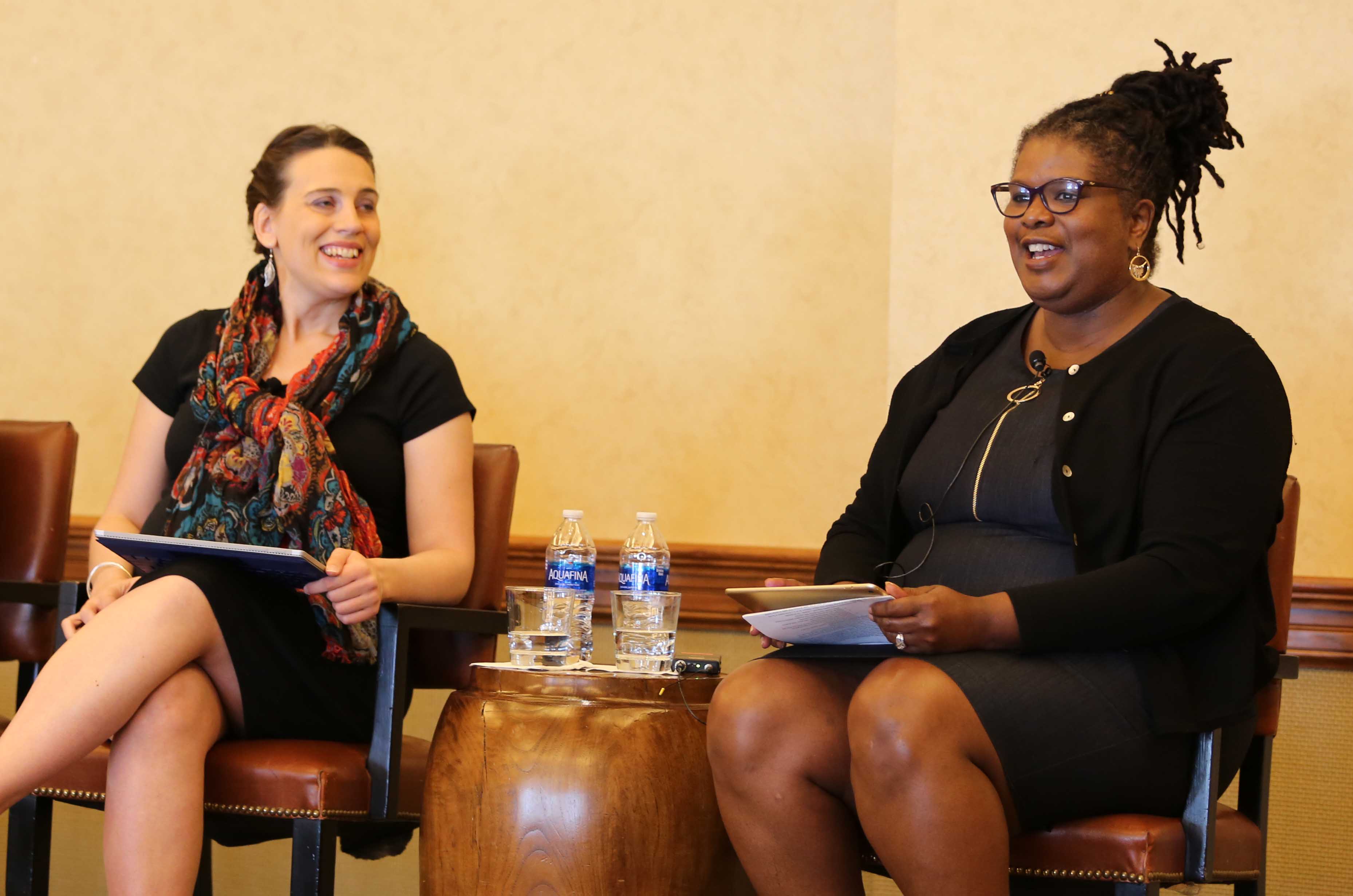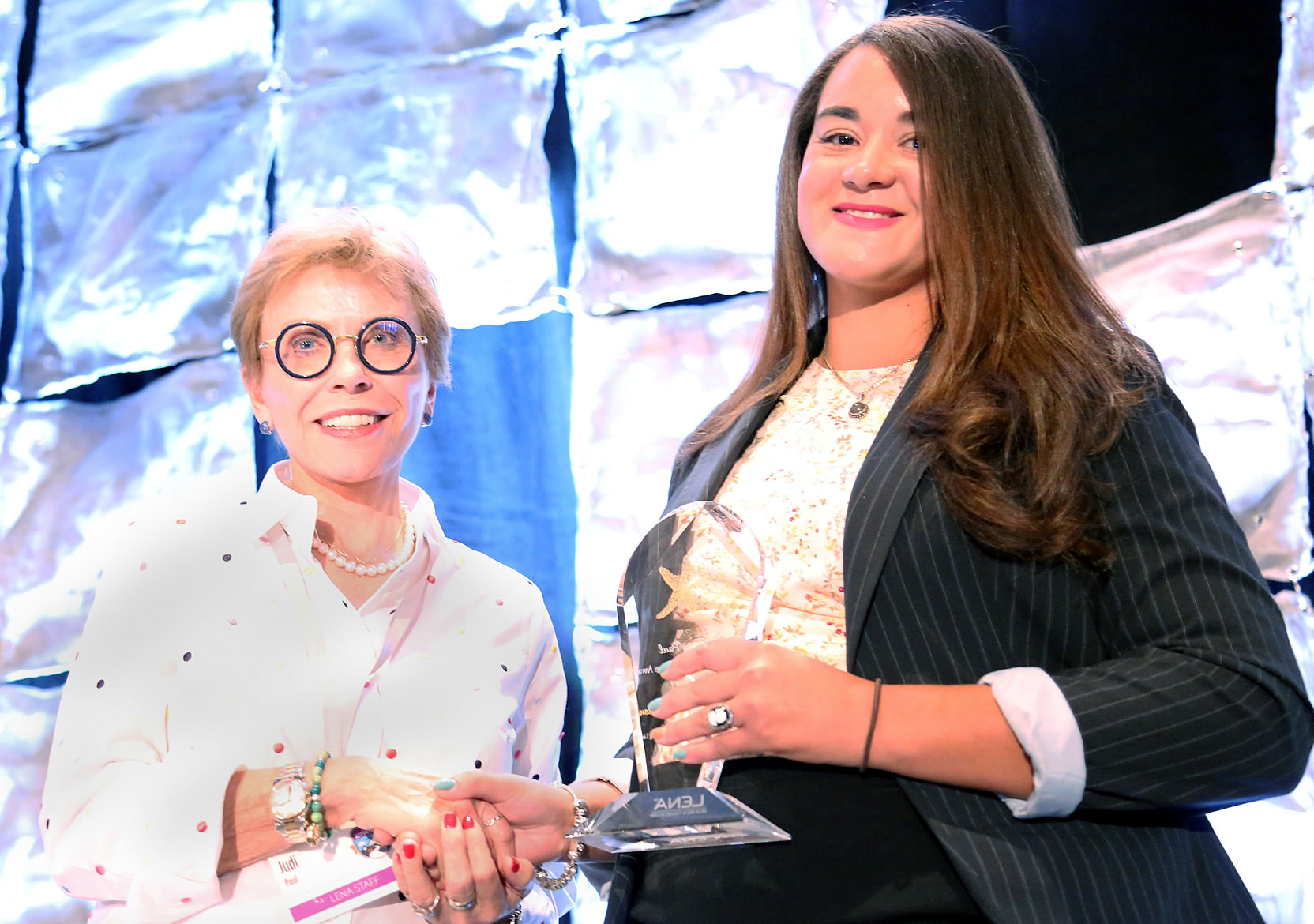In our last post, we featured 5 “Wows” and 5 “Worries” from our conference in September, but there’s more to a problem than just standing around admiring it! Where do we go from here? The discussions and presentations suggested these “Ways Forward”:
- Feedback is a positive even when it’s negative. Concerned that telling parents how much they actually talk with their kids will offend or discourage them? Don’t be. Parents take objective feedback as a starting point, as long as we communicate “you don’t have to be bad to get better.” Consistency and regularity of talk habits—powered by data and reflection over time—are more effective than trying for short-term big changes. Small victories add up.
- With early talk, quantity and quality go together. Some claim closing the “word gap” won’t help because counting words is too simplistic: quality of vocabulary and syntax is what matters. But much research shows that as parents develop habits of talking more with their children, the quality of talk also improves. It works both ways: language quality explains about 74% of the variance in total number of words kids hear. And it’s not just language that improves. Programs to increase adult-child talk interactions increase parental attention, parents’ sense of self-efficacy, hope for their children’s future, and community engagement.
- Parents have the power—help them use it. Affecting parenting is more about changing beliefs than just giving information. “What we really want is a revolution in the hearts and minds of parents.” Parents want what’s best for their kids; if they see a clear connection between present actions and future outcomes, they’ll do what needs to be done. “Become a choice architect,” urged one presenter. That is, provide the tools but leave the parents in control.
- We know what works, now let’s make it stick. Details of implementation can be very important to get results indicated by research. A critical element—like talk—may not have an effect if the program is too “light touch.” But it’s important to measure what’s happening with individual families. Which tools helped them? Which additional or different ones might they need? If we want results, we have to measure results (parent/child metrics), not actions (implementation metrics).
- Check out the library. Public libraries are an often overlooked but extremely effective resource in creating social change. They offer neighborhood-based locations convenient to families, trained staff, technology, community outreach, and often access to funding to help with implementation. Our LENA Start program is an example: 3 of our 16 implementations (to date) have involved library systems as either prime implementer or partner.
- Involve businesses—they have as much at stake as anyone. The effect of early childhood on the lives of future citizens is increasingly widely understood. People get it. Company owners understand how school success and graduation rates affect the economic health of their communities and the labor pool they draw from—not to mention the welfare of their employees and their families. They are often willing to support meaningful initiatives financially and in other ways. Even local branches of major national companies can get on board.
- Listen to the people. Closing speaker Richard Garcia put it best: If you want to help families, listen to what they need. Knock on doors. Find the parent leaders. They are the secret to recruitment, retention, and sustainability, as well as making sure your program is on target in the first place. And Dianne Haulcy of Think Small made a similar point about early childhood educators. What do we need to do to keep more of them in the field? Ask them.





